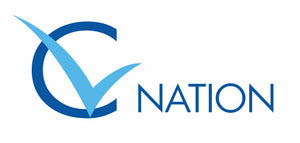Job interviews for teaching jobs are difficult. You’ll be asked a number of challenging questions to see if you meet the school’s requirements and stand out from other candidates.
In this guide, we have included 20 of the most common teacher job interview questions, along with sample answers. Familiarise yourself with these questions and follow our job interview tips to give yourself a better chance of succeeding in your job interview.
